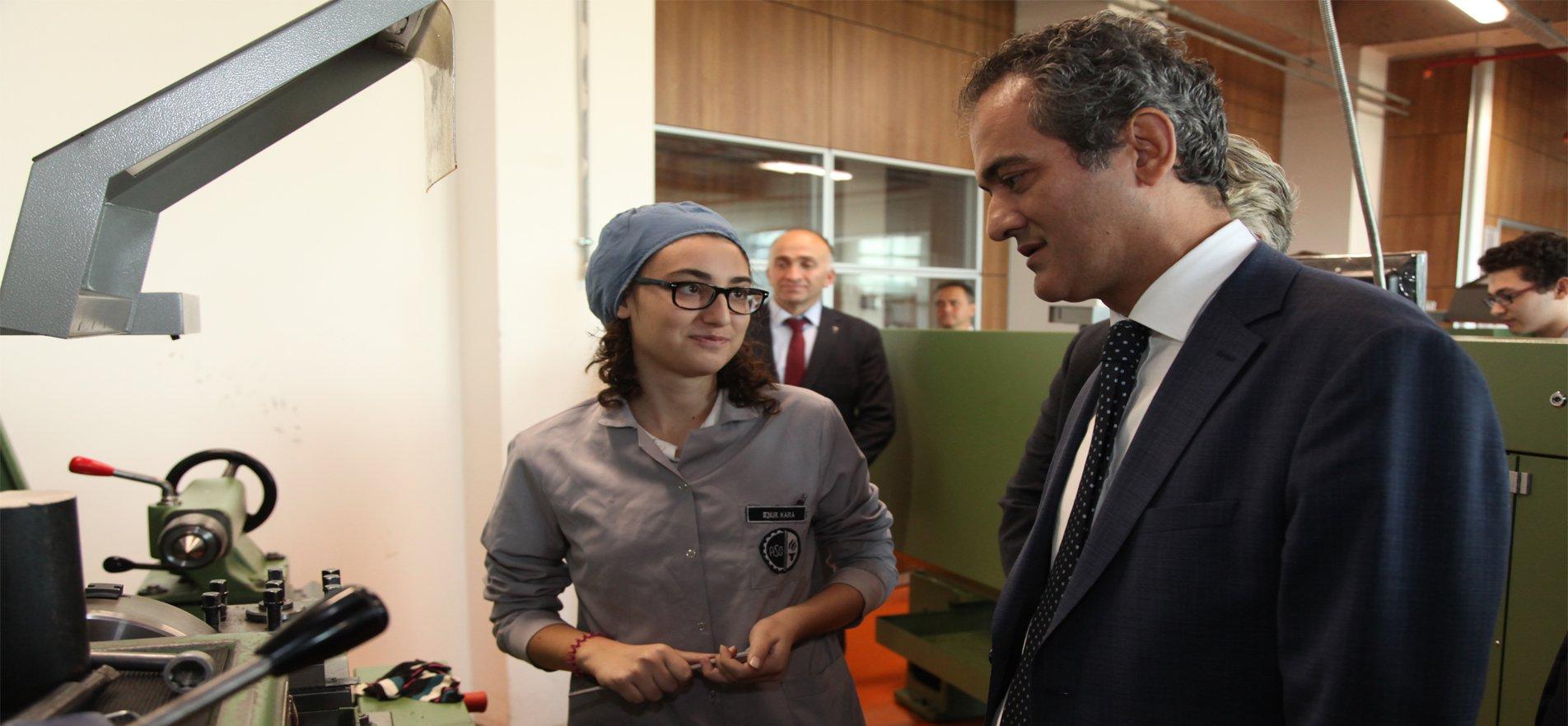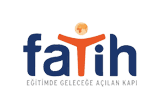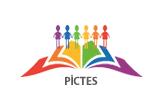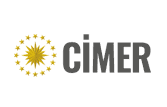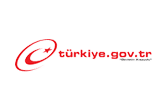PARADIGM SHIFT IN VOCATIONAL TRAINING BEGINS
More emphasis will be put on academic skills and general ability in vocational education. Providing education in 55 fields and 203 branches, vocational high schools will offer training in 47 fields and 109 branches in the new term. Explaining the transformation in vocational training during a newspaper interview, Deputy Minister of National Education Mahmut Özer said, "The whole process has been completed. The new program will be implemented as of the 2020-2021 academic year ".Here are excerpts from the interview of Deputy Minister of National Education Mahmut Özer:
"Vocational schools that have become a remedy for Turkey's urgent needs during the Covid-19 pandemic, are preparing for a new era. As of the 2020-2021 academic year, Ministry of National Education (MEB) will put emphasis on general ability with paradigm shift in vocational training. Vocational high schools that are involved in 55 fields and have 203 branches will offer training in 47 fields and 109 branches in the new term. Students will be supported with certification programs in digital skills. A new vocational training concept that allows interprofessional change and increases adaptation to the labor market will be put into practice." Explaining the transformation in vocational training Deputy Minister Özer said, "The whole process has been completed. The new program will be implemented as of the 2020-2021 academic year. "
MEB is preparing for a new transformation in vocational training. Starting as of the 2020-2021 academic year, more emphasis will be put on academic skills and general ability in vocational training. In addition, there is a serious simplification in the fields and branches of education. Vocational high school students will be supported with certificate programs in digital skills. A new vocational training concept that will allow interprofessional change and increase adaptation to the labor market will be introduced. With this transformation, an important step will be taken towards establishing a vocational training system that the labor market has longed for years. We asked this transformation to Deputy Minister of National Education Mahmut Özer.
- You have implemented a set of transformations in the last two years in vocational training, positive steps became visible in the days of the fight against the Covid-19 pandemic. Now you are taking another step...
For years in our country, there was a serious commitment both in public and private sectors and between stakeholders on consolidating vocational training. With this commitment we had the opportunity to implement all our projects step by step. Significant improvement was achieved in areas we had focused. All sectors actively participated in the vocational training processes. Now we are developing new projects with those sectors. We had a clear view of these positive steps during the fight against the Covid-19 pandemic. Together we have witnessed what strengthened vocational training can accomplish. We should continue to strengthen vocational training with new expansions and further incentives to support them.
'We received suggestions'
- You are undergoing a comprehensive transformation in vocational training programs. What was your starting point?
Unlike other types of education, vocational training is highly dependent on the changes and transformations in the labor market. Therefore, vocational training cannot be designed independently from the labor market. It must be able to respond quickly to those transformations. We have been working on harmonizing vocational training and labor market demands for two years. We received criticisms and suggestions from the labor market and sectors regarding improvement of vocational training. We also received opinions from vocational school administrators and field teachers. We also benefited from the views of people who have been thinking about these issues for years. We also followed the transformation of vocational training in the world. At the end of this whole process, we implemented serious transformation.
Students will be able to switch to other programs
- What differences have to made in Anatolian Technical Program (ATP) and Anatolian Vocational Program (AMP)?
Same courses will be taken for the first three years. A successful student in the AMP will be able to switch to the ATP if he / she meets the criteria for academic success in the final year. Student from ATP will also be able to switch to the AMP program. Flexible structure was formed for the programs.
- Has there been any increase in academic courses?
Yes. In the ATP, besides common courses 12th grade students will be able to take 31 credits a week. In the AMP, 12th grade students will be able to take 24 credits of vocational training and 7 credits of elective and certificate courses a week.
The number of common courses have not been reduced
- Have common courses reduced in the first year?
No, we did not make a reduction in the common courses of all high school types. We have added additional vocational courses to the first year curriculum.
When will the changes be implemented?
The whole process has been completed. The new program will be implemented starting from 2020-2021 academic year.
Adaptation has been improved
- What motivations played a role for the transformation?
Automation and artificial intelligence technologies are now expanding in every aspect of our lives. They are also widely used in production and service sectors. Technology is changing rapidly. The transformations that took place in a short period of time brought along transformations in professional skill sets in the labor market. This makes traditional vocational training systems which focus on teaching occupational skill sets insufficient over time. In this way, graduates are either unemployed or sub employed in the long term because of their inability to adapt to their new skills. This leads to the risk of inability to provide labor force for domestic market and skill mismatches. Therefore, we designed a more inclusive vocational training that put great emphasis on academic and general skills that strengthen adaptation to new situations. The opinions we received from our stakeholders in the field were also support this approach that coincides new trends.
Number of fields and branches has been reduced
- What kind of change has been made in training areas? What is the final situation?
Two programs are still implemented in vocational and technical Anatolian high schools: Anatolian Technical Program (ATP) and Anatolian Vocational Program (AMP). While students admitted to the ATP programs by examination, for AMP programs the students are placed either by examination or not. In high schools, education was provided in 55 fields and 203 branches. There were too many details regarding secondary education. The differences between some branches were so minimal that it was meaningless and unnecessary to consider them as separate branches. Therefore, the number of fields and branches were reduced by taking the new conditions in the labor market into consideration. Now, vocational training will be given in 47 fields and 109 branches. Removing fields that are nonreciprocal for employment and making the program more inclusive provides graduates with more employment opportunities.
'Digital skills will be emphasized'
- What does a certificate course mean? Will there be a new approach in vocational training?
We have added courses concerning new skills that will increase employment opportunities in the labor market. We have focused on digital skills. This skill has become an indispensable to the labor market and life. Therefore we have put courses to increase digital skills in all fields and branches to 11th and 12th grade curriculum and we have associated these courses with the 'digital skills certificate'. By these courses, we aim to upskill students on programming (block-based coding, artificial intelligence, robotics, video game programming), digital design (web page creation, animation) and social media (e-commerce, digital marketing, data analysis and graphics). We will constantly update the content of this certificate, which aims to increase the digital skills of students, and strengthen the adaptation of graduates to the conditions of the labor market.
Shop classes / workshops were added to the first year curriculum
- Students from sectors had complaints that they took vocational courses so late that they dropped out of school. Was this criticism taken into consideration?
This criticism was often expressed at meetings with our partners. As a requirement of this, we put 2-3 shop classes in the first year of high school considering the field. One of these courses was previously defined as a professional development course. In the new program, it was named as Professional Development Workshop, which is a common course for all fields. The main competencies are aimed to be acquired under three main themes: "basic literacy", "socio emotional skills", "metacognitive skills". These fields have been associated with 7 different learning units: Ahi- order and Businness Ethics, Occupational Health and Safety, Technology and Industrial Transformation, Environmental Protection, Entrepreneurial Ideas, Business Establishment and Conduct, Intellectual and Industrial Property Rights. Patent, utility model design and brand studies are areas that we consider regarding intellectual property in vocational training. With Professional Development Workshop the first step will be taken on these areas."




